Books
Recent articles
Crafting tales of science with Theanne Griffith
A lifelong passion for writing helped the neuroscientist land a book deal and publish 15 chapter books for early readers, covering topics ranging from what the cerebellum does to how a cake bakes.
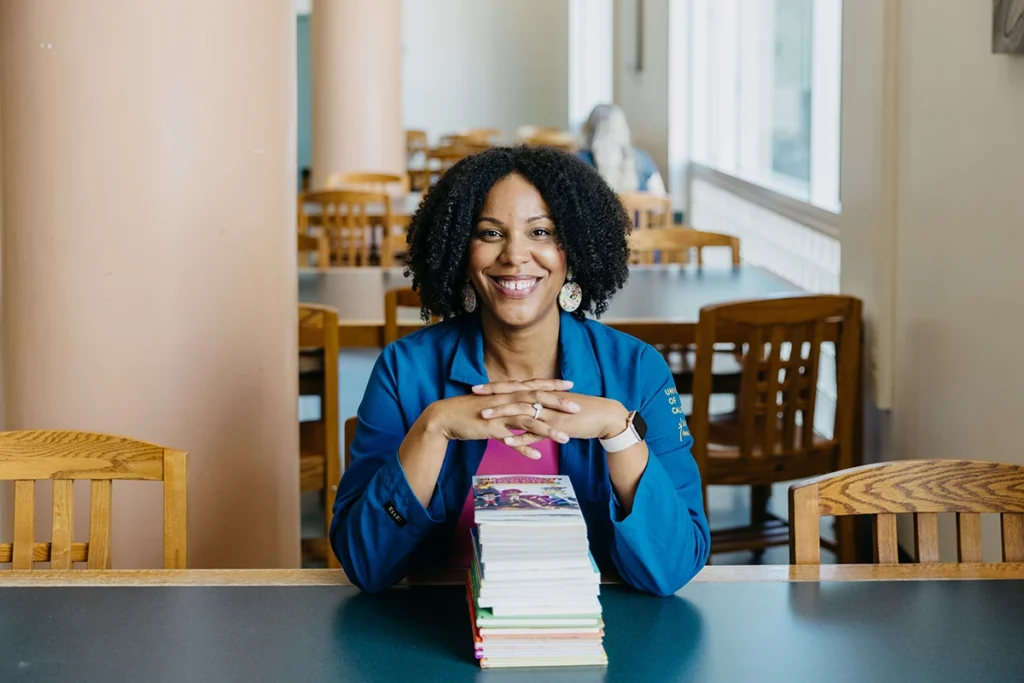
Crafting tales of science with Theanne Griffith
A lifelong passion for writing helped the neuroscientist land a book deal and publish 15 chapter books for early readers, covering topics ranging from what the cerebellum does to how a cake bakes.
From reductionism to dynamical systems: How two books influenced my thinking across 30 years of neuroscience
Nicole Rust describes her career-changing literary journey of joy, free will and the evolution of a field.
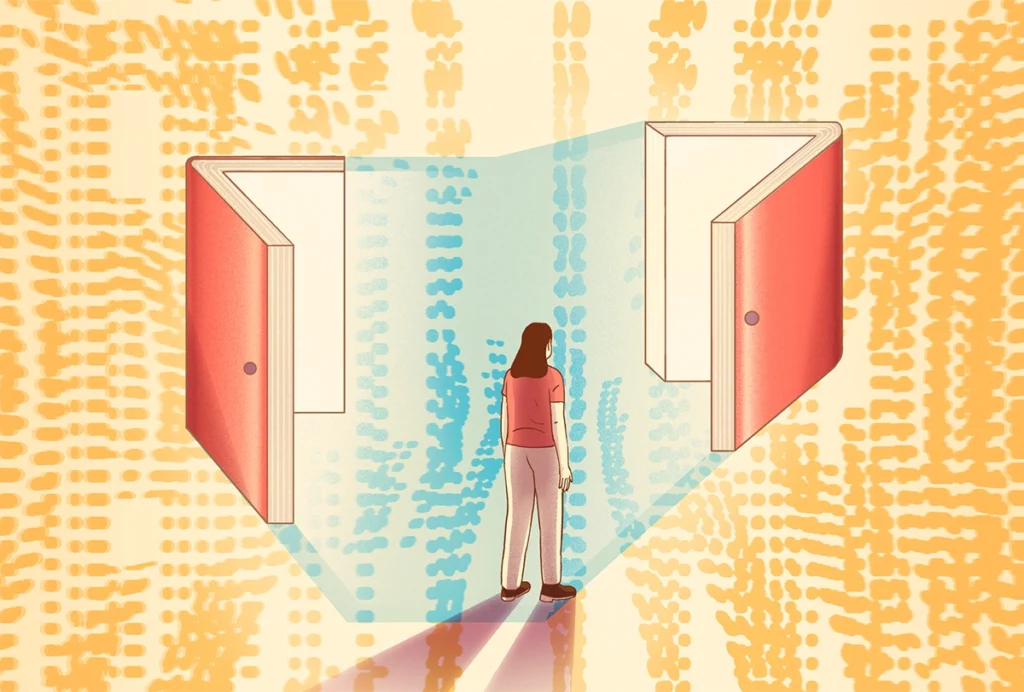
From reductionism to dynamical systems: How two books influenced my thinking across 30 years of neuroscience
Nicole Rust describes her career-changing literary journey of joy, free will and the evolution of a field.
How did consciousness evolve? An excerpt from ‘A History of Bodies, Brains, and Minds: The Evolution of Life and Consciousness’
In his new book, to be published in September, neuroscientist Francisco Aboitiz links consciousness back to the earliest days of biological life.
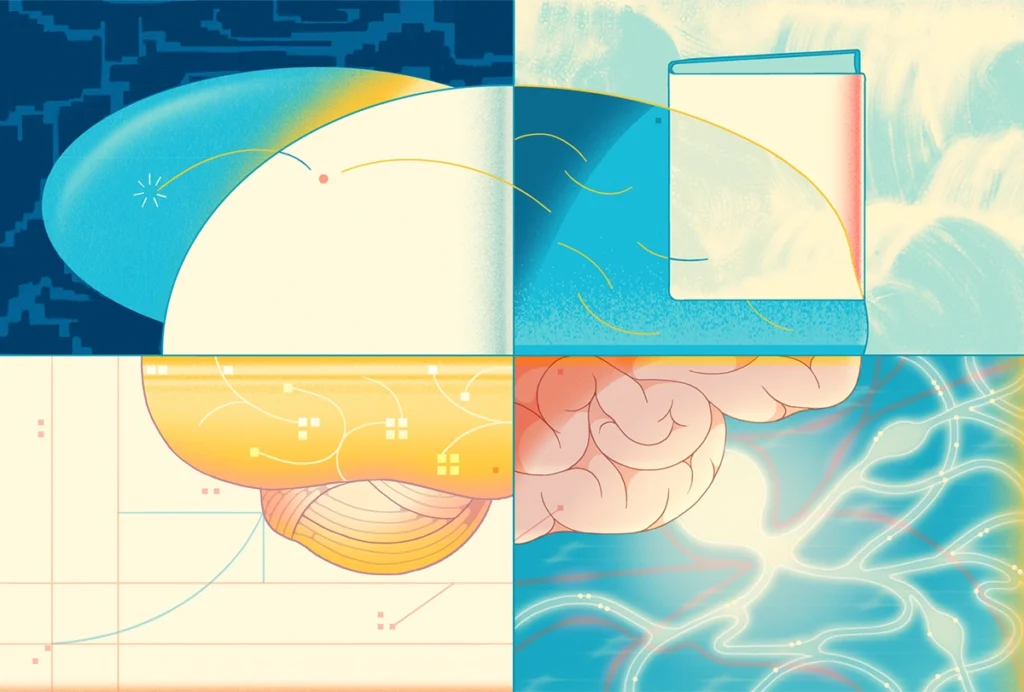
How did consciousness evolve? An excerpt from ‘A History of Bodies, Brains, and Minds: The Evolution of Life and Consciousness’
In his new book, to be published in September, neuroscientist Francisco Aboitiz links consciousness back to the earliest days of biological life.
Consciously smelling—an edited excerpt from ‘Stinking Philosophy! Smell Perception, Cognition, and Consciousness’
In his new book, published earlier this month, Benjamin Young tackles the debates and central questions surrounding olfactory perception, cognition and consciousness.
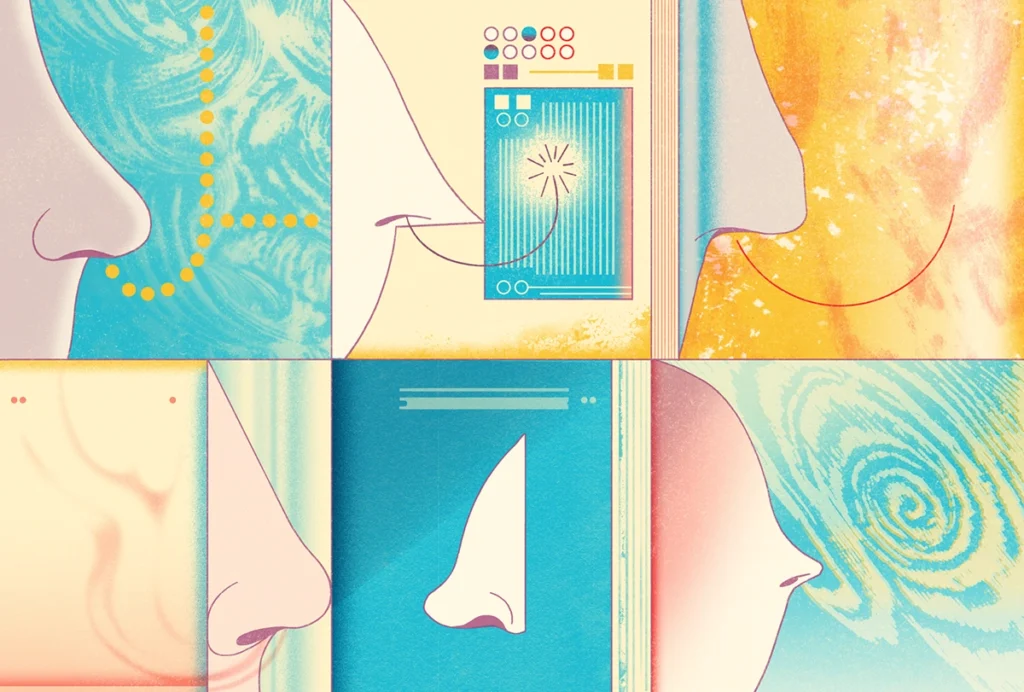
Consciously smelling—an edited excerpt from ‘Stinking Philosophy! Smell Perception, Cognition, and Consciousness’
In his new book, published earlier this month, Benjamin Young tackles the debates and central questions surrounding olfactory perception, cognition and consciousness.
Six new neuroscience books for fall—plus five titles you may have missed
We highlight the most anticipated neuroscience books for the remainder of 2024 and recap notable releases since last December.
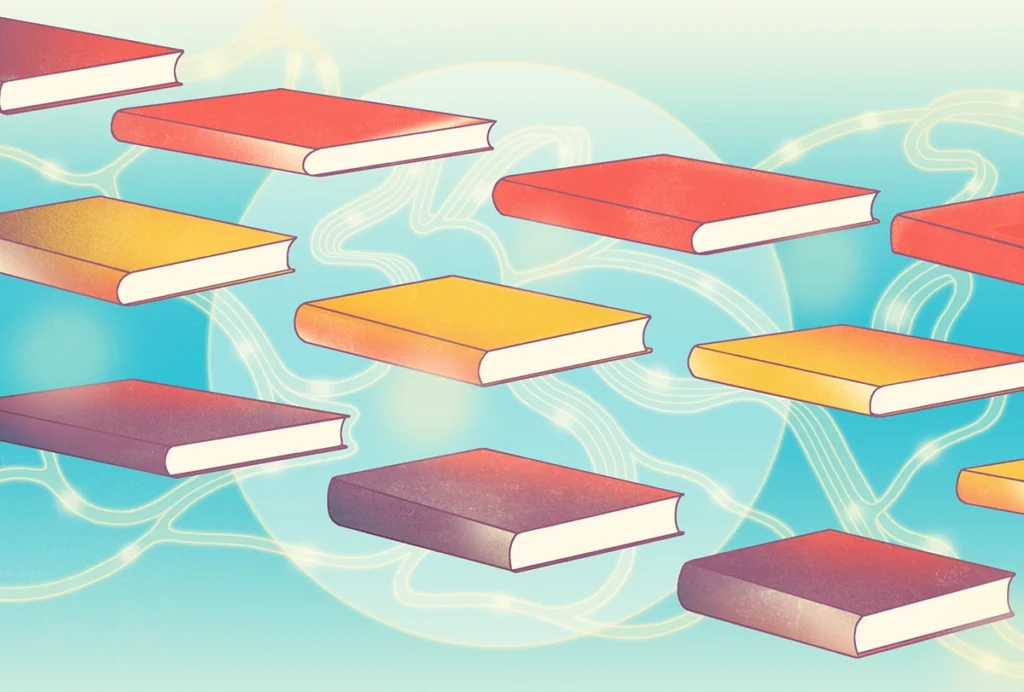
Six new neuroscience books for fall—plus five titles you may have missed
We highlight the most anticipated neuroscience books for the remainder of 2024 and recap notable releases since last December.
The question of regeneration—an excerpt from ‘Periphery: How Your Nervous System Predicts and Protects Against Disease’
In his recent book, Moses Chao makes the case that the peripheral nervous system can warn of future illnesses.
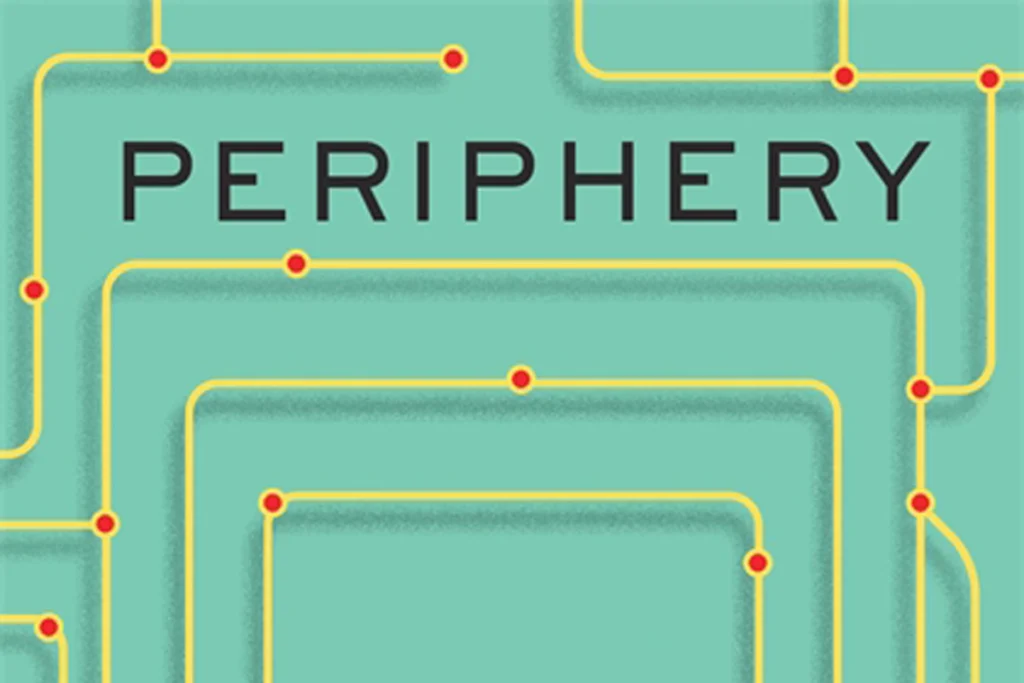
The question of regeneration—an excerpt from ‘Periphery: How Your Nervous System Predicts and Protects Against Disease’
In his recent book, Moses Chao makes the case that the peripheral nervous system can warn of future illnesses.
The creative brain—an edited excerpt from ‘Essays on Art and Science’
In his new book, neuroscientist Eric Kandel explores how sensory perception and higher-order cognitive processes influence our experience of art.
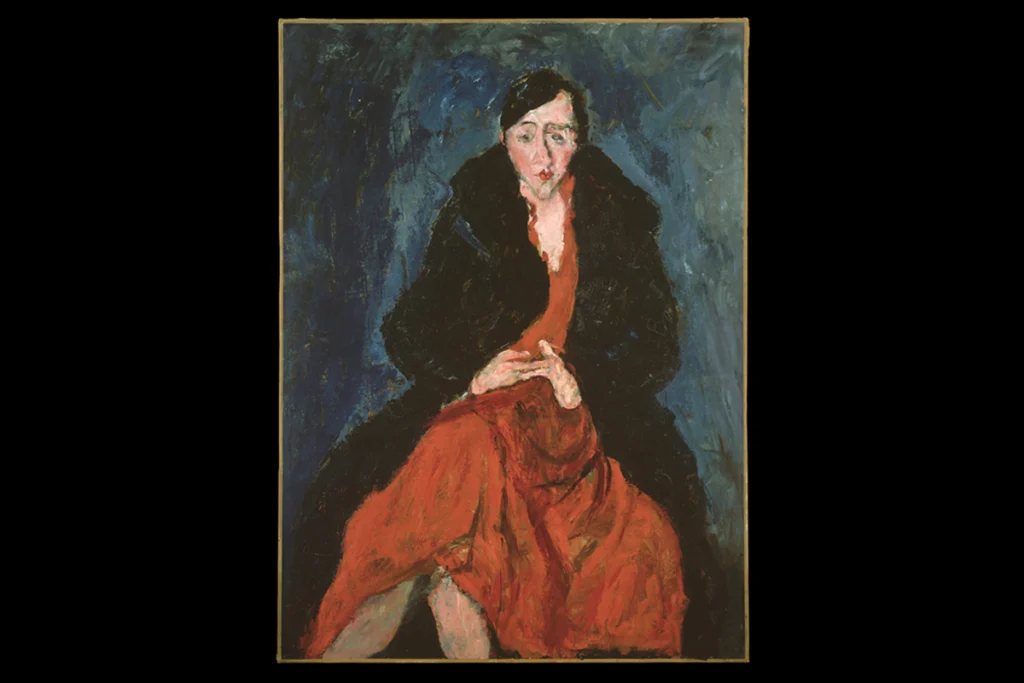
The creative brain—an edited excerpt from ‘Essays on Art and Science’
In his new book, neuroscientist Eric Kandel explores how sensory perception and higher-order cognitive processes influence our experience of art.
Mathematical brains — an excerpt from ‘Seeing the Mind’
In this series of essays, newly published in English, cognitive neuroscientist Stanislas Dehaene taps brain images to help explain new findings.
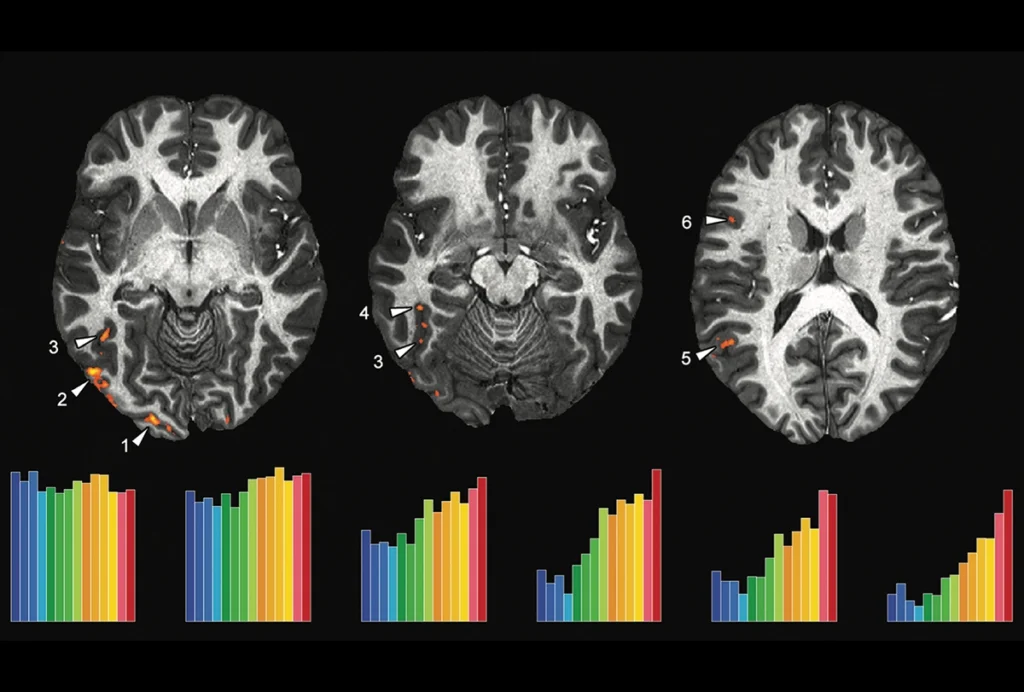
Mathematical brains — an excerpt from ‘Seeing the Mind’
In this series of essays, newly published in English, cognitive neuroscientist Stanislas Dehaene taps brain images to help explain new findings.
Unmasking Alzheimer’s disease
People with early-onset Alzheimer’s disease describe why they enrolled in clinical trials through the Dominantly Inherited Alzheimer Network (DIAN), in a new book of portrait photography.
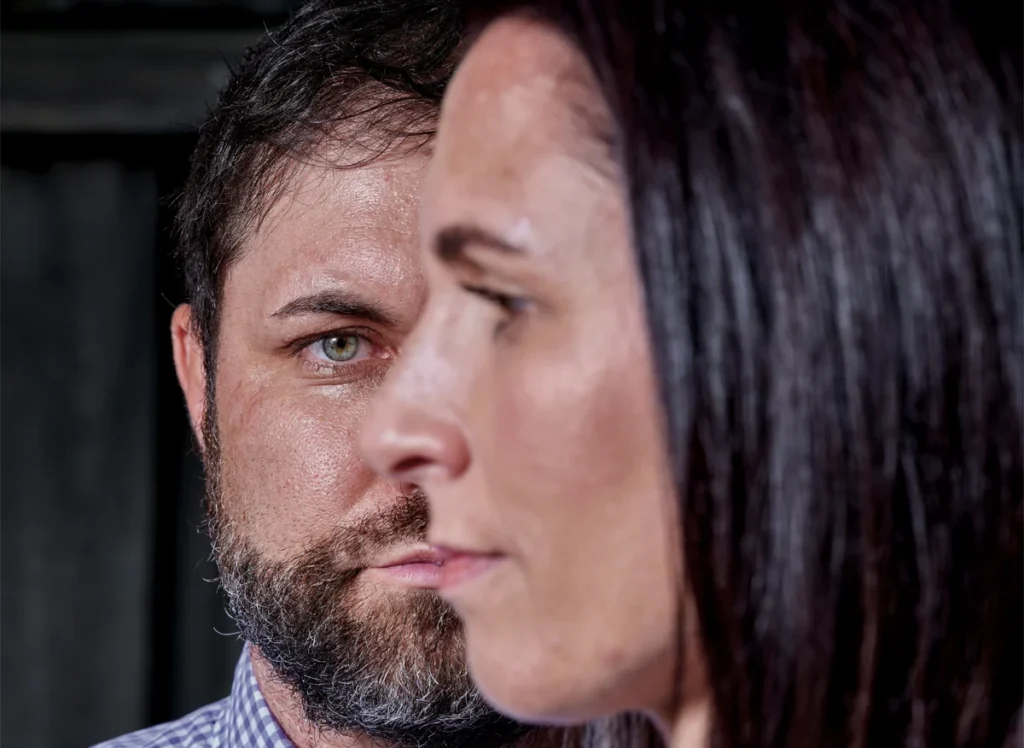
Unmasking Alzheimer’s disease
People with early-onset Alzheimer’s disease describe why they enrolled in clinical trials through the Dominantly Inherited Alzheimer Network (DIAN), in a new book of portrait photography.
Player One: An edited excerpt from ‘Free Agents — How Evolution Gave Us Free Will’
In his new book, neuroscientist Kevin Mitchell argues that, despite his field’s mechanistic models of cognition, we are all “Player One” in the game of life, the authors of our own actions.
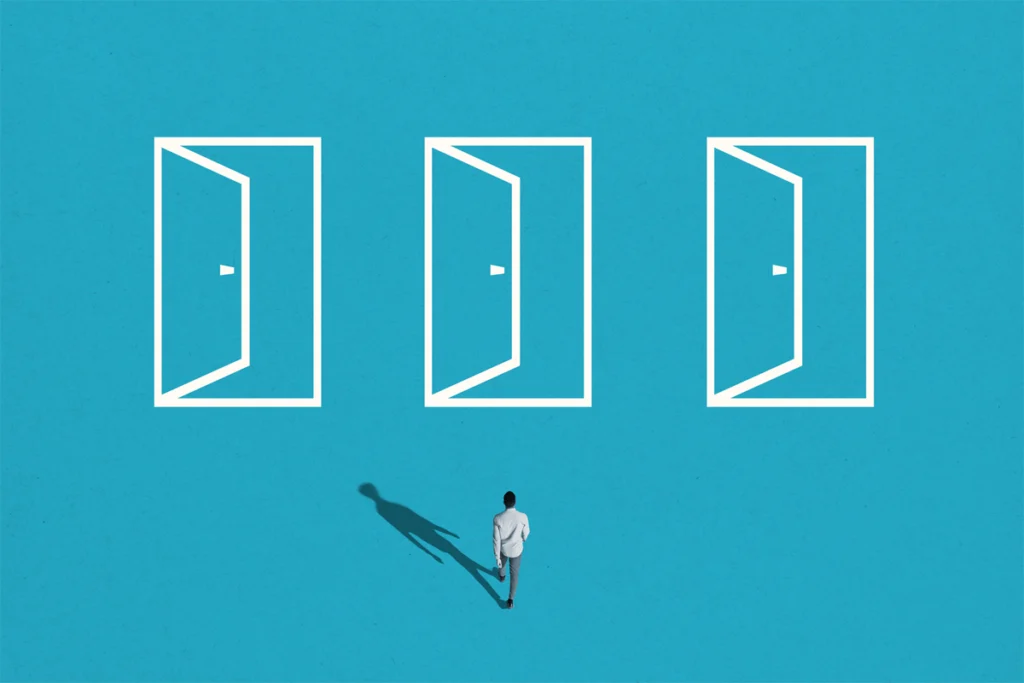
Player One: An edited excerpt from ‘Free Agents — How Evolution Gave Us Free Will’
In his new book, neuroscientist Kevin Mitchell argues that, despite his field’s mechanistic models of cognition, we are all “Player One” in the game of life, the authors of our own actions.
Explore more from The Transmitter
Okur-Chung neurodevelopmental syndrome; excess CSF; autistic girls
Here is a roundup of autism-related news and research spotted around the web for the week of 21 October.
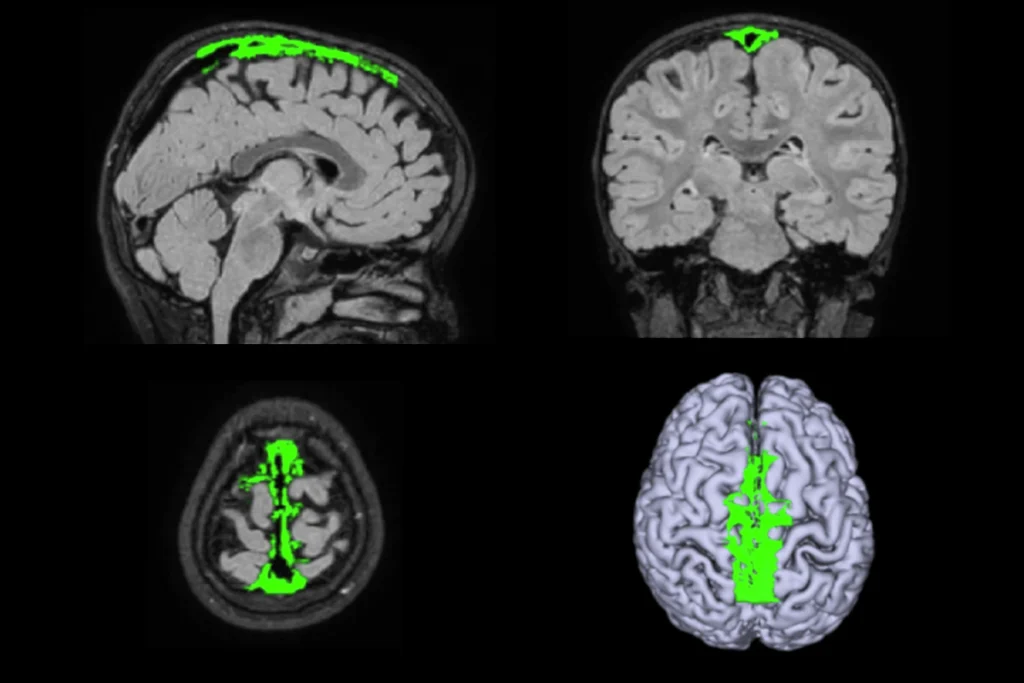
Okur-Chung neurodevelopmental syndrome; excess CSF; autistic girls
Here is a roundup of autism-related news and research spotted around the web for the week of 21 October.
Brains, biases and amyloid beta: Why the female brain deserves a closer look in Alzheimer’s research
New results suggest the disease progresses differently in women, but we need more basic science to unpack the mechanisms involved.
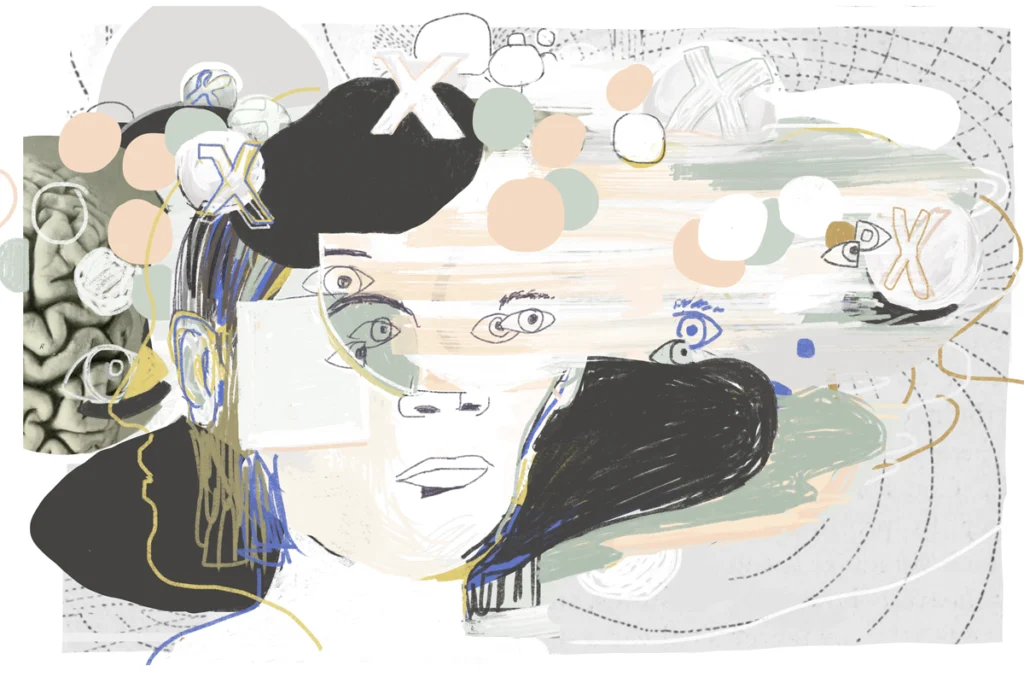
Brains, biases and amyloid beta: Why the female brain deserves a closer look in Alzheimer’s research
New results suggest the disease progresses differently in women, but we need more basic science to unpack the mechanisms involved.
Are brains and AI converging?—an excerpt from ‘ChatGPT and the Future of AI: The Deep Language Revolution’
In his new book, to be published next week, computational neuroscience pioneer Terrence Sejnowski tackles debates about AI’s capacity to mirror cognitive processes.
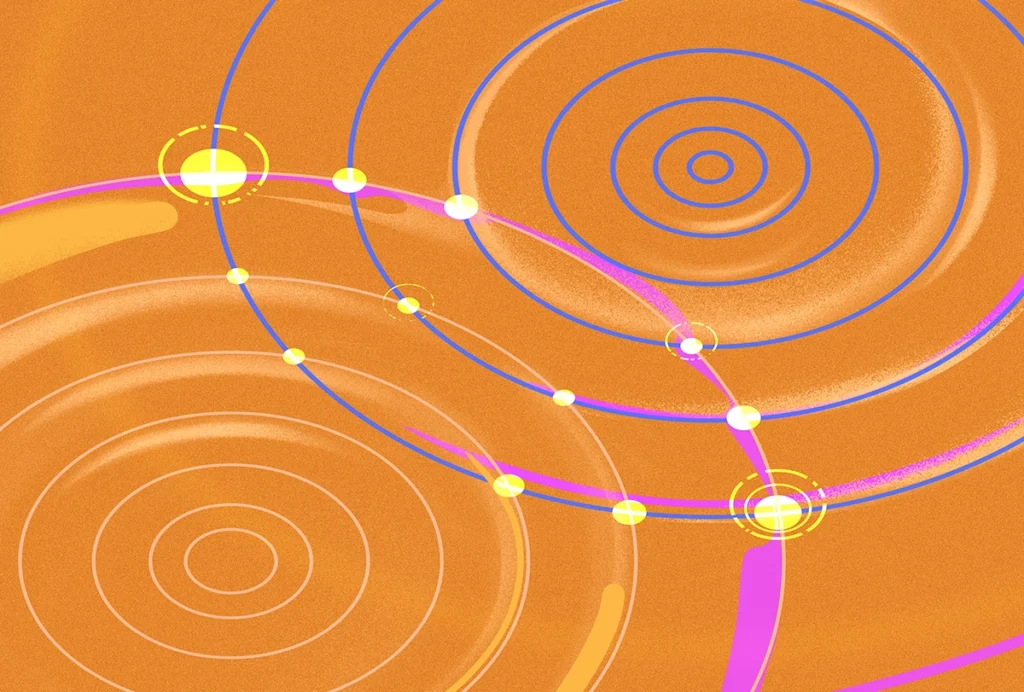
Are brains and AI converging?—an excerpt from ‘ChatGPT and the Future of AI: The Deep Language Revolution’
In his new book, to be published next week, computational neuroscience pioneer Terrence Sejnowski tackles debates about AI’s capacity to mirror cognitive processes.